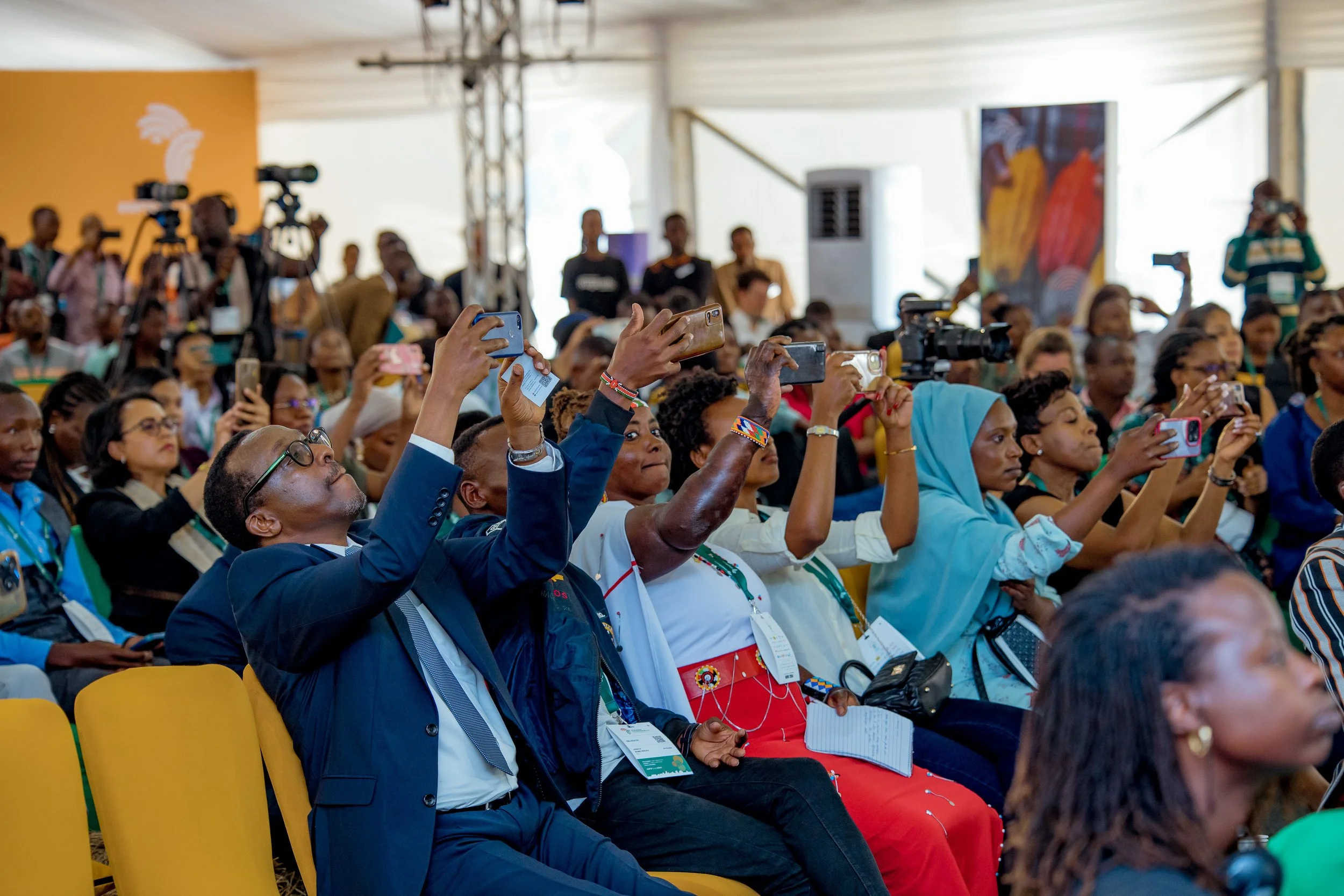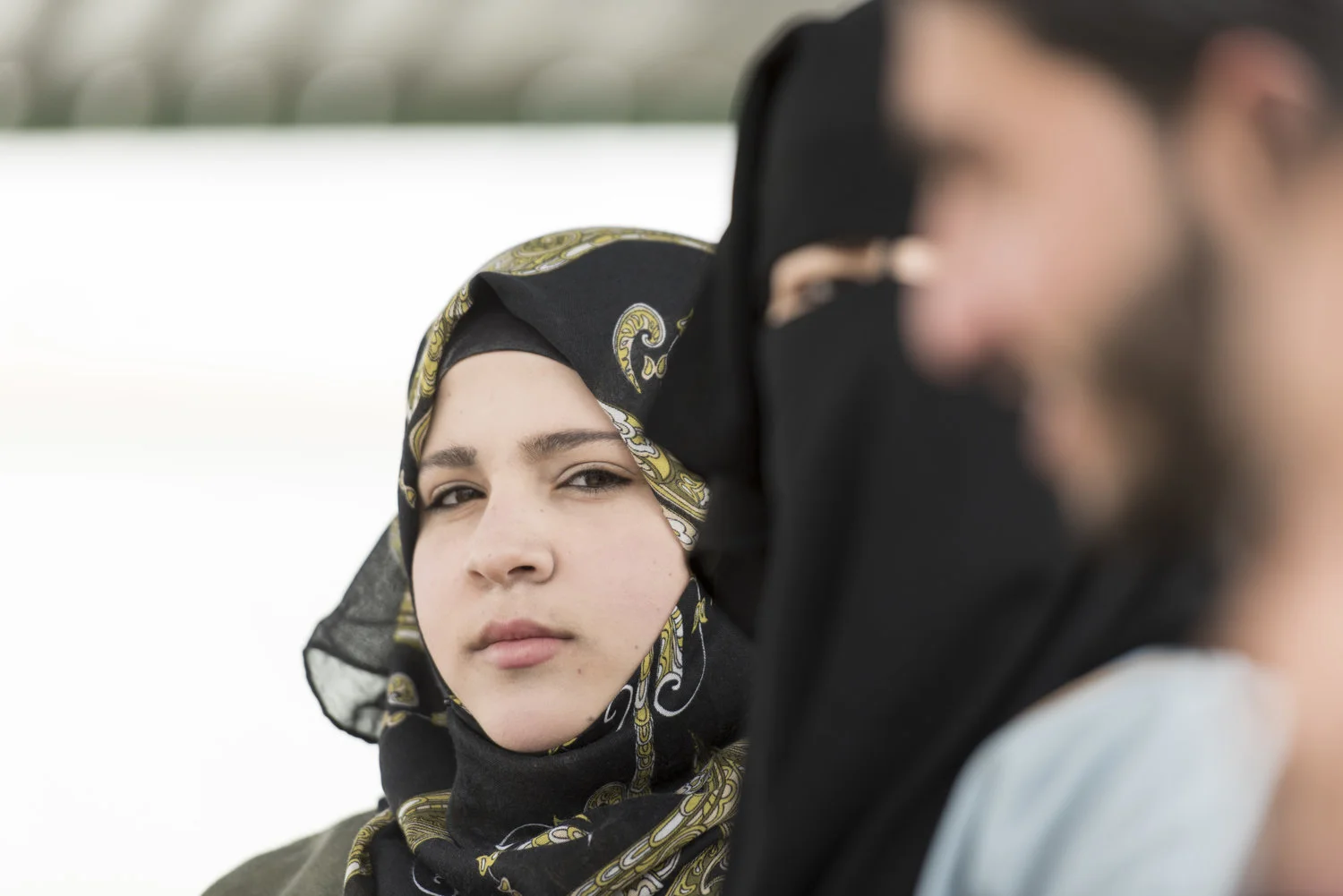In 2015, the International Organization for Migration (IOM) developed the Migration Governance Framework (MiGOF) to help define what a well-managed migration policy might look like at the national level. That same year, IOM’s member states welcomed the MiGOF, and the Migration Governance Indicators (MGI) was developed shortly after to put the MiGOF into action.
Youth Engagement on Global Compact for Migration | The Youth Cafe
The Overseas Development Institute (ODI) outlines the importance of technology in relation to migration in their briefing. Migrants with skills in the technology & information sector contribute in significant ways to innovation and research. Migrants and diaspora groups also are important channels in transferring technology from host countries back to countries of origin, through direct knowledge, remittances sent back home, and investments in enterprise development and research institutions.
Lost in Translation | Youth in Migration | The Youth Cafe
The course of the next five years for children can carry the weight of his or her next ten years. It’s a period of life where one is flexible, impressionable, and vulnerable. Depending on the kinds of opportunities that were available in the communities they live and the kinds of values and skills that were taught as they grew up, their lives could change for the better or for worse. It’s easy to agree that in the first couple decades of one’s life, a lot of societal support, investment, and protection is required so that one may reach independence and maturity. Since the Universal Declaration of Human Rights set a standard for human rights in 1948, the Convention on the Rights of the Child in 1989 has specified what this means for children. In a nutshell, Convention rights outline that children have the right to protection, provision, and participation, summarized here:
Impact of the Global Compact on Communities | The Youth Cafe
According to UNICEF, the world population is expected to reach 8 billion by 2025. In less than a decade, the sustainability of the next billion will be a task for the current generation of youth to address. While middle-high income countries are experiencing low fertility rates, aging populations, and a declining workforce capable of supporting the growing dependency load, low-middle income countries are continuing to experience high fertility rates (though it is now just entering decline), and a significant youth population which is comparatively larger than the other age groups. Countries are opting to either maintain or raise their capacity for immigrants to address aging populations, a trend that is increasing all across the board. As this is the case, labour migration is projected to continue as a major response to these demographic trends.
A New Lens for Migration | The Youth Cafe
It appears that receiving migrants is not an easy choice for governments to make as well. There have been claims in the UK that migrants, especially non-nationals working lower-wage jobs, are draining the welfare system and costing the government millions of pounds a year. This led to the speculation that perhaps the welfare system was being exploited by EU migrants. The Daily Mail published an article in 2013 discussing the data. Experts consulted didn’t find any reason to believe that migrants are explicitly to blame. However, it did very little in changing the sentiment around migrants.
Impact of Global Compact on Individual Youth | The Youth Cafe
It is important to recognize that 258 million isn’t just a number to be addressed. It represents 258 million unique stories, experiences, and perspectives from individuals who hold the potential to contribute to the integrity and development of not just their local communities, but the global community at large.
The Youth Cafe and the UN Migration Agency promotes the diversity and inclusion of migrants through their platform, “i am a migrant,” allowing the voice of individuals to convey their own personal triumphs and struggles at various phases of their migration journeys. Available in eight languages, the testimonials are moving and puts a face to the jargons of policy. It’s important that we don’t forget our own stories, and keep an open mind in receiving the stories of others.
The Cost Of Migration | The Youth Cafe
The Missing Migrants Project by the International Organization for Migration (IOM) reports a staggering 3,123 migrant fatalities recorded worldwide in 2018 (November 5, 2018). This data comes from IOM, national authorities, and media sources, “tracking incidents which involve migrants, including refugees and asylum-seekers, who have died or gone missing in the process of of migration towards an international destination.”
Global Compact for Migration | The Youth Cafe
Since the beginning of human civilization, progress has come hand-in-hand with the movement of people, seeking not just to survive, but thrive in their environment. We have come a long way, and while most migrations are well-managed and done through regular, safe, and orderly channels, this is not a reality shared by all migrants. Currently, there are around 258 million migrants living outside their country of origin. That’s 258 million lives affected by our ever-changing world, from young people seeking opportunities for higher education, finding work, or getting married, to families and unaccompanied minors displaced because of disasters, political instability, and poverty. A staggering 32% of these migrants are under the age of 30.
Youth Science Policy Interface Platform | The Youth Cafe
The Science-Policy Interface has become an increasingly important component of sustainable development within the United Nations system, as well at regional and national levels. It provides the foundation for evidence-informed policies, facilitates the use of science as an enabler in policy design, implementation, monitoring, follow-up and review, and provides a unique scientific lens into monitoring impact. Furthermore, it is an integral part of identifying emerging priorities, drawing links between the interconnected nature of thematic issues, and devising solutions to address challenges and barriers to progress.
Global Youth Climate Action Declaration | The Youth Cafe
Today, we the Youth are united in our call for urgent action on the trans-national crisis of climate change. Together we represent the global constituency of young people, determined to preserve the integrity of our Earth for all lifeforms, for the generations to follow, and for the sake of our own survival. In order to protect our most fundamental right to an inhabitable, healthy environment, it is imperative that we have multi-dimensional cooperation. We must mobilise and transform our hope in order to transcend borders and immerse ourselves in action. This requires cooperation that may be the first of its kind -- harmony on a personal, local, national, and international level.











